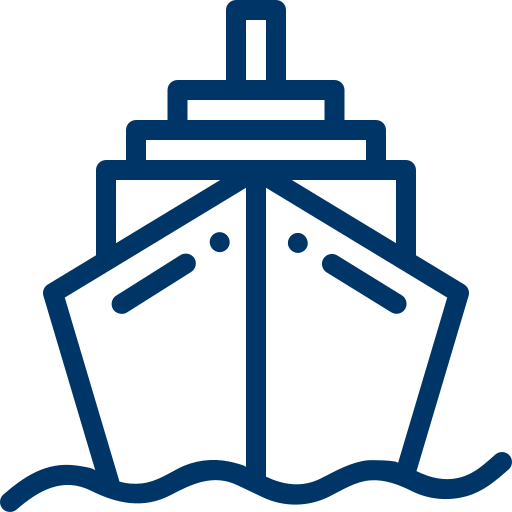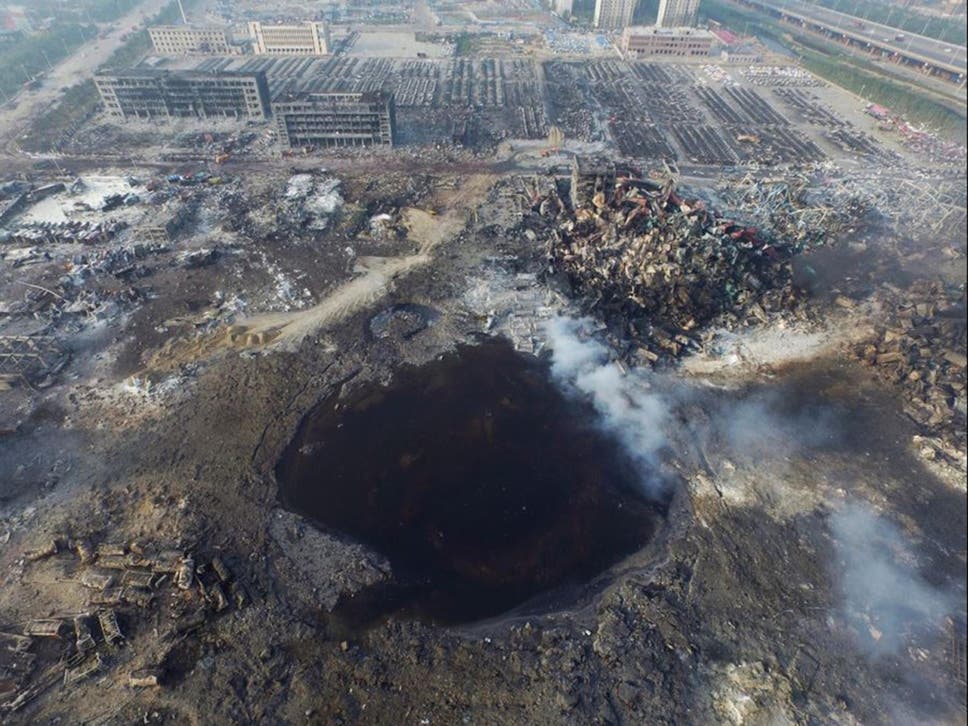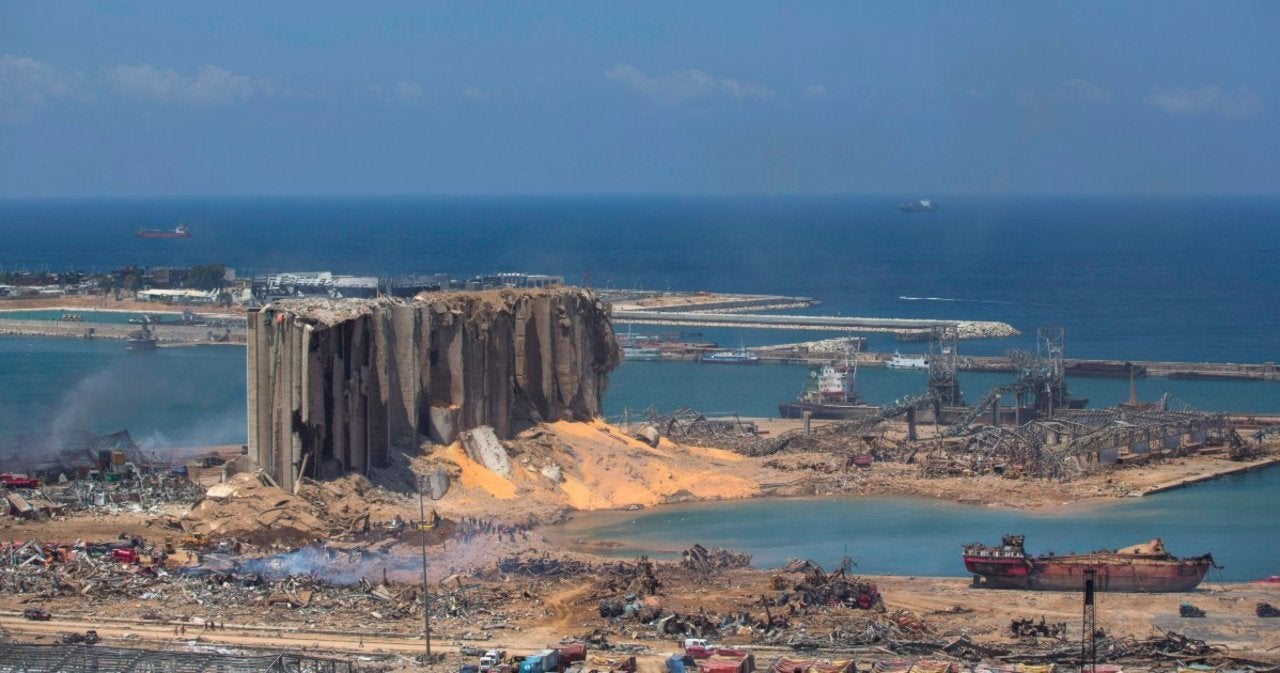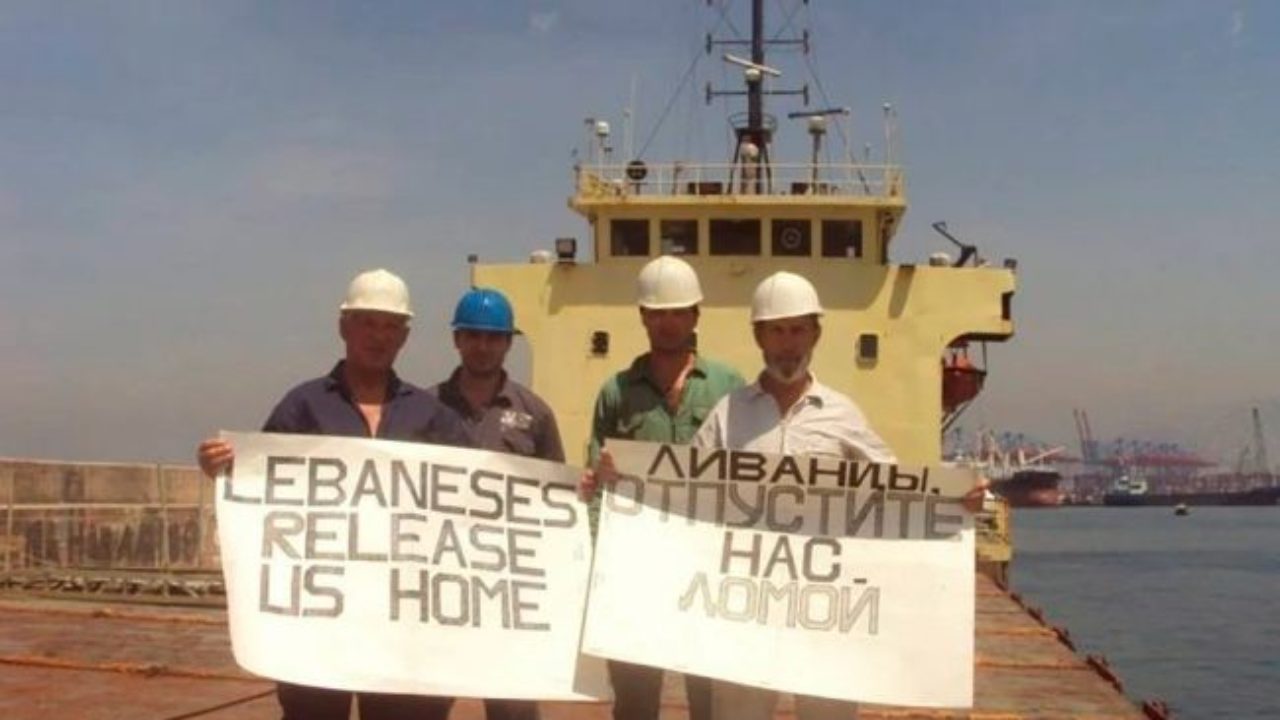Beirut Explosion Underscores the Perils of Vessel Abandonment
By Benjamin Merrell
As more information has emerged it appears that the source of the recent explosions in Beirut, Lebanon was a shipment of ammonium nitrate which was abandoned at the port 6 years ago. This disaster brings even more misfortune to a country struggling under a severe financial crisis as well as the COVID – 19 pandemic while it also underscores the potential dangers posed by vessel abandonment, a major and under-publicized issue in the marine transport industry.
News reports following the explosion, which occurred on August 04th, have confirmed that the blast, which left at least 220 dead, was caused by the detonation of 2750mt of Ammonium Nitrate, a common ingredient in fertilizer. While initially unclear, subsequent reporting has seemed to confirm that the source of the ammonium nitrate was the MV Rhosus, a handysize general cargo ship constructed in 1986, which was abandoned by the vessel owner Igor Grechuskin in late 2013. Following the vessel’s abandonment, it appears that the cargo was transferred to onshore facilities where it languished for 6 years until August 04th 2020, when an unknown source caused it to detonate.
Since the explosion Lebanon’s government has fallen amid widespread protests as Beirut residents have raised a furor over who is to blame for the unsafe storage conditions of such a dangerous cargo. Ammonium nitrate has a long history of causing disasters, both on land and at sea, including several disasters within the last several years. In 2015 a store of ammonium nitrate was responsible for an explosion at the port of Tianjin, China claiming the lives of 173 people. The scenes from the disaster in Tianjin are eerily similar to those in Beirut and according to the Chinese Government’s official inquiry was caused by AN being stored illegally.







